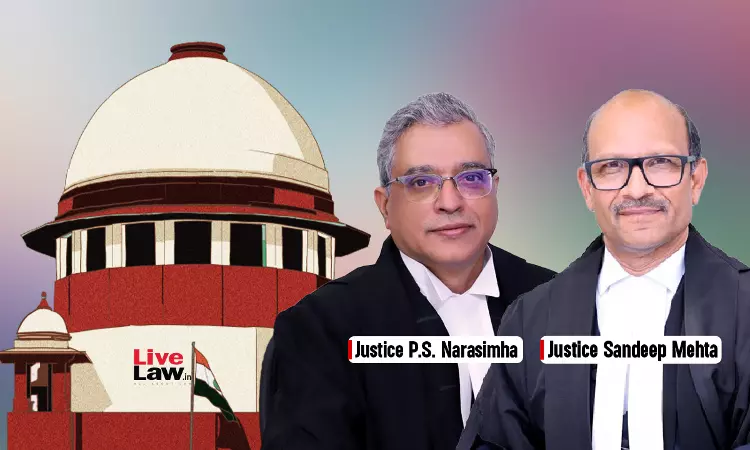'Agreement Of Sale A Sheer Piece Of Fraud & Concoction' : Supreme Court Sets Aside Decree For Specific Performance
Yash Mittal
28 Sept 2024 10:02 PM IST

Next Story
28 Sept 2024 10:02 PM IST
The Supreme Court, while exercising jurisdiction under Article 136 of the Constitution, reversed the concurrent findings of the Trial Court, First Appellate Court, and High Court which had validated the sale agreement transcribed on one of the blank stamp papers on which the thumb impression of the defendant (illiterate) had been taken before its transcription. From the facts, the Court...
